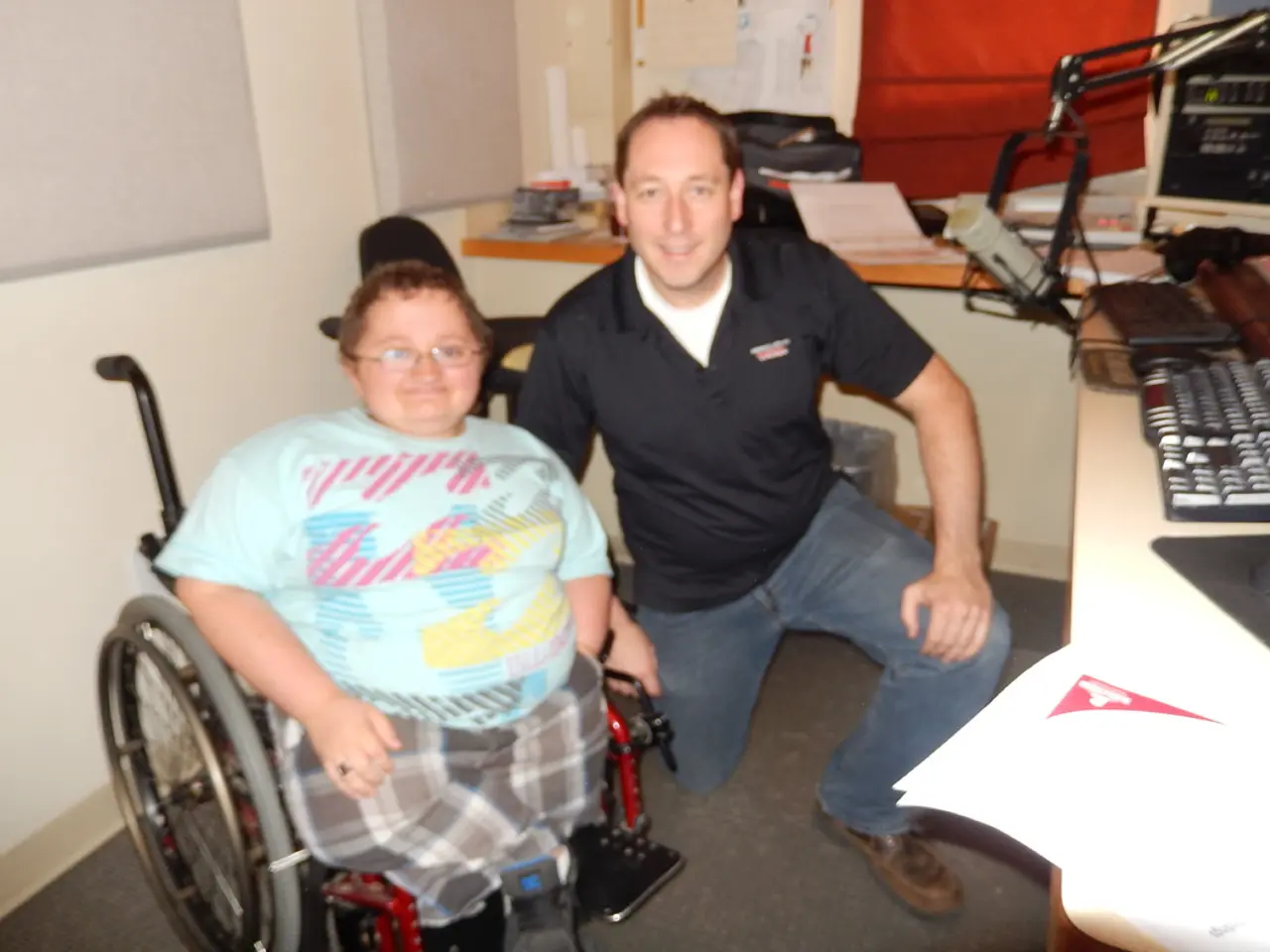Digestive Troubles in Parkinson's Disease
In Parkinson's disease, constipation is a common issue that can significantly impact the quality of life. This article provides a guide on effective strategies for managing constipation in individuals with Parkinson's.
Slow gastric emptying, a common symptom in Parkinson's, makes it more difficult for medication to be best absorbed. This can lead to variability in symptom control, necessitating tailored treatment strategies.
Constipation itself can cause a series of problems. Lethargy and discomfort can occur due to constipation, reducing exercise and exacerbating the problem. Nausea and a reduction in appetite and fluid intake can result from constipation, increasing the problem further.
The autonomic nervous system, which controls the body's internal state, including the function of smooth muscle in the gastro-intestinal tract, is often affected in Parkinson's. This can lead to slower transit time in the gastro-intestinal tract, causing more water to be absorbed from waste products, making stools harder.
Effective management of constipation in Parkinson's involves a combination of dietary modifications, medication adjustments, and emerging therapies. Increasing dietary fiber intake and maintaining adequate hydration are foundational strategies. A healthy diet rich in dietary fiber can be achieved by eating fruit, vegetables, grains, legumes, nuts, and seeds. Drinking 1.5 - 2 liters of water daily and limiting the intake of alcohol, energy drinks, tea, coffee, and fizzy drinks is recommended for managing constipation.
Warm drinks in the morning and prune juice can aid in the management of constipation. Regular toileting habits should be maintained, and the urge to open the bowels should not be avoided.
Many medications used to treat Parkinson's can cause constipation. Antacids used in treating gastric reflux can increase the risk of constipation. Therefore, a careful review and management of these drugs are important. Individual advice should be sought on which type of laxative would be the most appropriate for an individual, as there are several types available.
Exercise plays a significant role in managing constipation and maintaining overall health and well-being. Swallowing issues and chewing problems may make it difficult to maintain a healthy diet in Parkinson's, making exercise even more crucial.
Emerging treatments such as repetitive transcranial magnetic stimulation (rTMS) have demonstrated significant improvements in constipation symptoms among Parkinson's patients by modulating the gut-brain axis. Research on gut microbiota interventions, including fecal microbiota transplantation, is being explored as a novel approach to modulate gut function and inflammation associated with Parkinson's disease.
Poor symptom management of Parkinson's can occur if constipation is left untreated, as medications cannot reach the area of the intestine where they are best absorbed. A bowel obstruction is a medical emergency that can result from untreated constipation and could prove fatal. Bladder involvement can occur as the constipated bowel can place pressure on the bladder, causing urinary incontinence and raising the risk of urinary tract infections.
In summary, effective constipation management in Parkinson's includes dietary fiber enhancement and hydration, review and adjustment of Parkinson's medications, utilization of emerging therapies like rTMS, consideration of gastrointestinal dysfunction's impact on medication absorption, investigational approaches such as fecal microbiota transplantation, and maintaining regular toileting habits and a good fluid intake. These strategies collectively improve constipation symptoms and potentially enhance overall Parkinson's disease management.
For further information on managing constipation, speak to your GP or call the Parkinson's NSW InfoLine 1800 644 189.
- In the case of Parkinson's disease, chronic conditions like constipation can worsen due to the slow emptying of the stomach, affecting medication absorption and control of symptoms.
- Maintaining a healthy diet rich in dietary fiber, such as fruits, vegetables, grains, legumes, nuts, and seeds, is crucial for managing constipation, as is maintaining adequate hydration by drinking 1.5 - 2 liters of water daily.
- Exercise plays a vital role in managing constipation and promoting overall health and wellness in individuals with Parkinson's, even when swallowing issues and chewing problems may make dietary adjustments difficult.
- Emerging treatments like repetitive transcranial magnetic stimulation (rTMS) exhibit promise in improving constipation symptoms among Parkinson's patients by modulating the gut-brain axis, while research into gut microbiota interventions like fecal microbiota transplantation is ongoing for managing Parkinson's-related constipation and gastrointestinal dysfunction.




